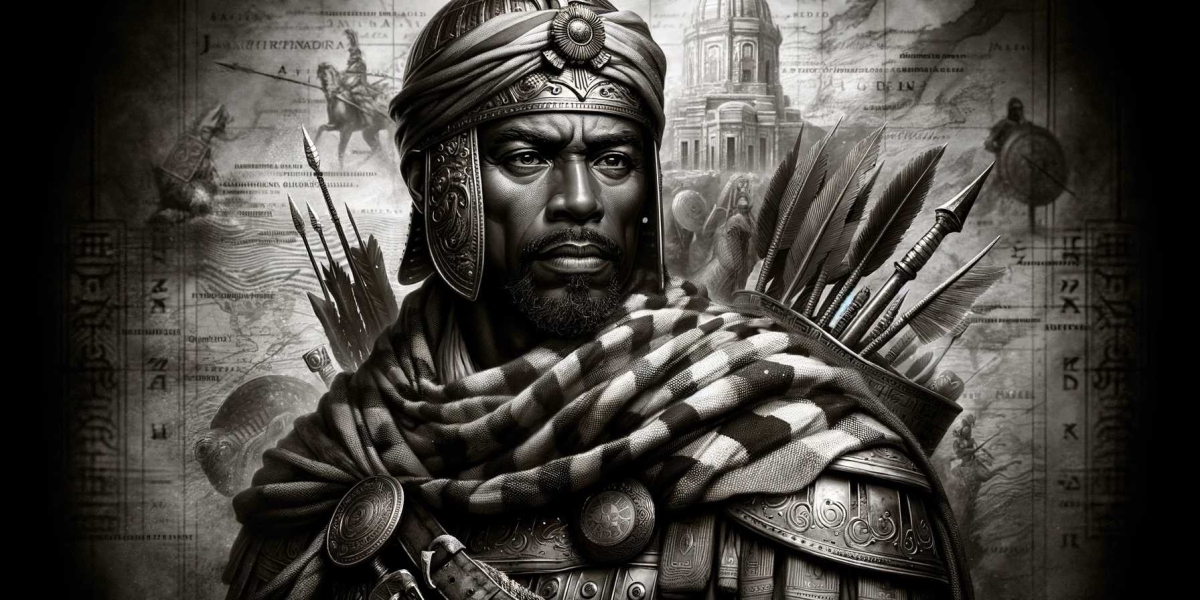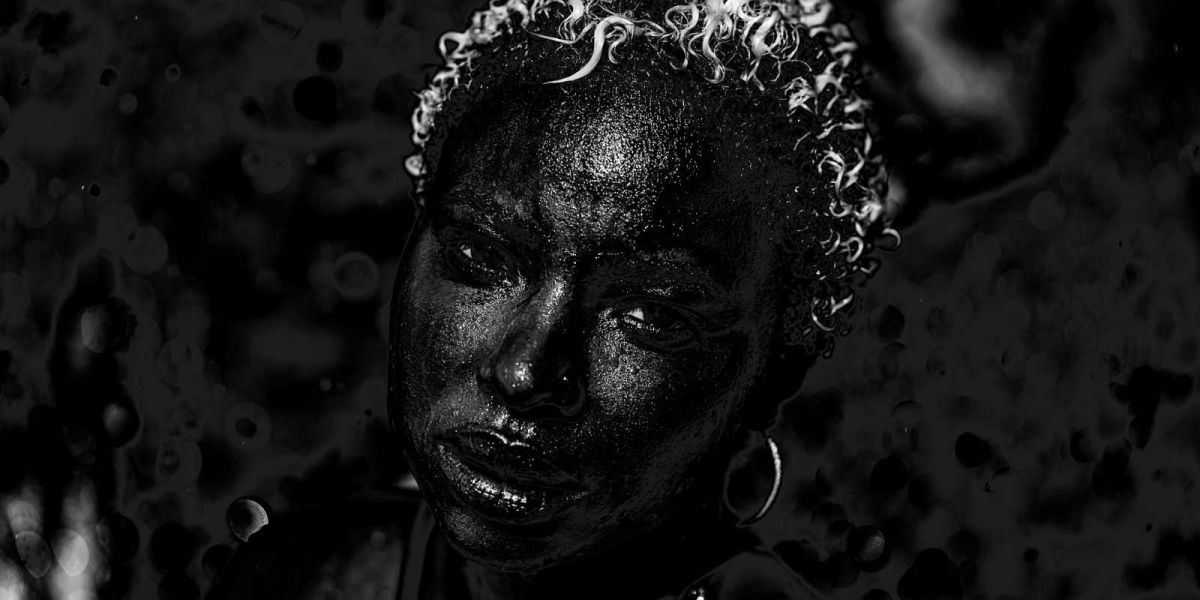Introduction:
Septimius Severus, born in Leptis Magna in 145 CE, stands as a significant figure in Roman history, not only for his remarkable military and administrative achievements but also for challenging the prevailing socio-cultural norms of the time. As the first Roman emperor of African descent, Severus shattered stereotypes and left an indelible mark on the Roman Empire, steering it through a transformative era.
I. African Roots and Early Life:
Septimius Severus was born into a prominent family in Leptis Magna, a thriving city in the Roman province of Africa (modern-day Libya). This African heritage played a crucial role in shaping Severus's identity and influencing his approach to governance. Despite facing challenges associated with his regional origin, Severus skillfully navigated the complexities of Roman politics, rising through the ranks with determination and strategic acumen.
II. Military Career and Rise to Power:
Severus' military prowess played a pivotal role in his ascent to the throne. Serving in various capacities in the Roman army, he demonstrated exceptional leadership during campaigns in Britain, Parthia, and the Danube. His success on the battlefield earned him the loyalty of the legions, a crucial factor in his eventual rise to power. In 193 CE, Severus seized the imperial throne after defeating his rivals in a tumultuous period known as the Year of the Five Emperors.
III. Rule and Reforms:
Upon becoming emperor, Severus embarked on a series of reforms aimed at stabilizing the empire. His reign marked a departure from the traditional Roman emphasis on the Senate, as Severus relied heavily on the military to maintain control. He increased soldiers' pay and benefits, solidifying their loyalty while centralizing power in the hands of the emperor. These measures aimed to ensure a stable succession, anticipating the challenges posed by the frequent changes in leadership that characterized the Roman Empire.
IV. Cultural Impact and Legacy:
Septimius Severus's African background not only challenged prevailing stereotypes but also had a lasting impact on the Roman Empire's cultural landscape. His reign witnessed an increased prominence of African influences in art, literature, and architecture, reflecting the multicultural nature of the empire. Severus' reign also saw the expansion and fortification of the Empire's boundaries, solidifying Rome's presence in North Africa.
V. Conclusion:
Septimius Severus, the African Roman emperor, defied convention and left an enduring legacy in the history of the Roman Empire. His military achievements, administrative reforms, and cultural impact demonstrate the significance of embracing diversity and challenging preconceived notions. By rising to the pinnacle of power, Severus not only transformed the Roman Empire but also paved the way for future leaders of diverse backgrounds, emphasizing the universality of the Roman identity. In acknowledging and celebrating Septimius Severus as an African Roman, we gain a deeper understanding of the complexity and richness of the Roman Empire's history.













































